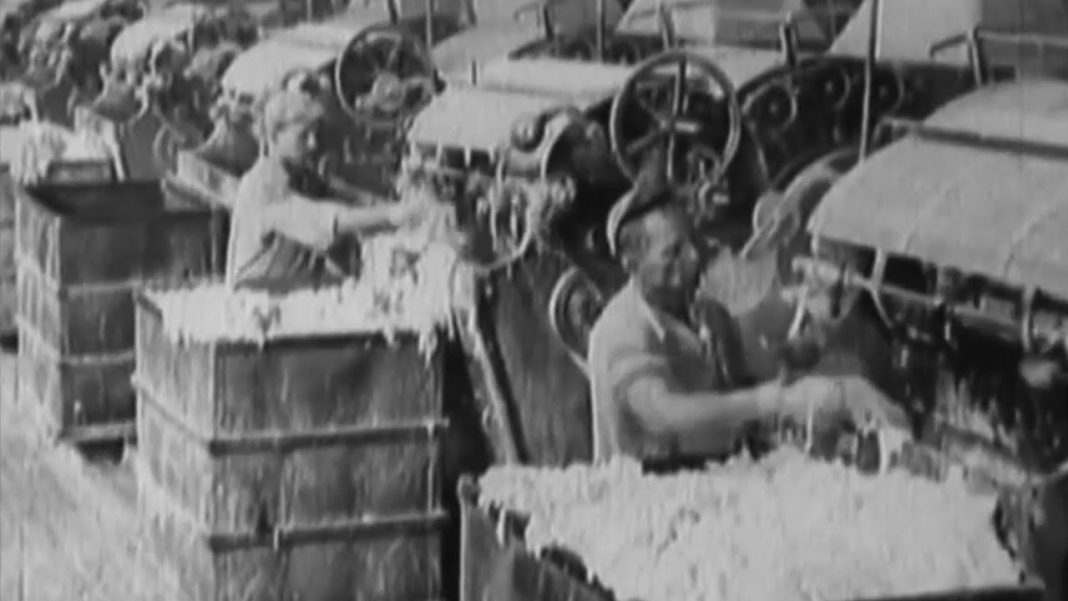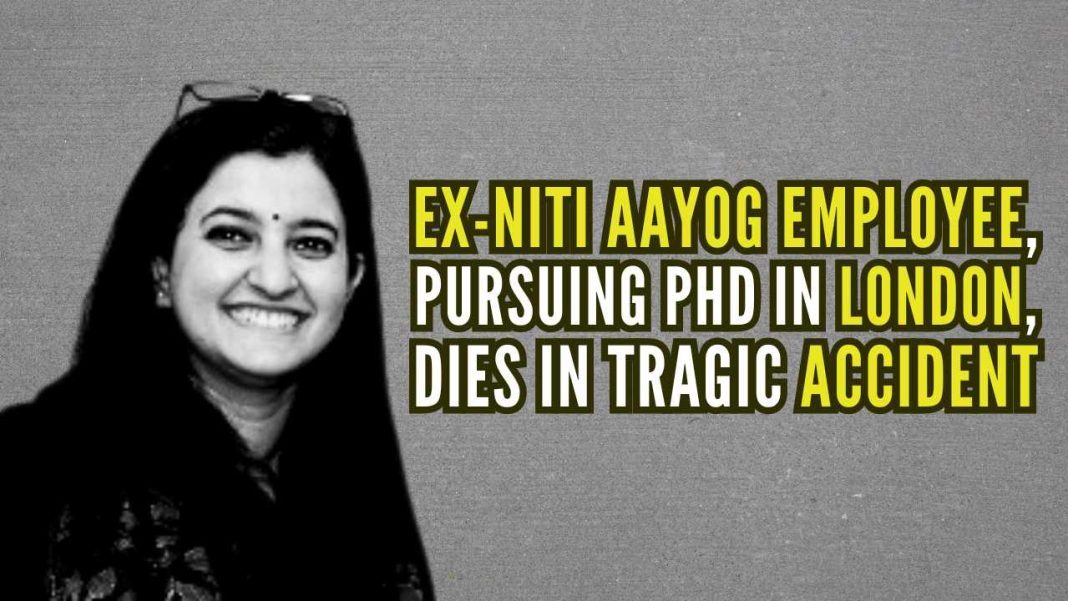 Supreme Court Ruling Grants Insurance Company Standing to Challenge Bankruptcy Reorganization Plan
Supreme Court Ruling Grants Insurance Company Standing to Challenge Bankruptcy Reorganization Plan
The Supreme Court recently handed down a unanimous ruling that has significant implications for insurance companies involved in bankruptcy cases. In the case of Truck Insurance Exchange v. Kaiser Gypsum, the court found that an insurance company has standing to challenge a bankruptcy reorganization plan if it believes it will be exposed to fraudulent asbestos exposure claims.
The ruling overturns a previous decision by an appeals court that had denied Truck Insurance legal standing. Writing the opinion, Justice Sonia Sotomayor emphasized the need to protect insurance companies from being held liable for invalid claims. The court’s decision could have far-reaching consequences for mass tort bankruptcies, particularly those involving organizations like the Boy Scouts of America and Roman Catholic dioceses.
Asbestos, a fire-resistant mineral once hailed as a “miracle mineral,” was widely used in construction and various industries for thousands of years. However, it was later discovered that asbestos exposure could lead to serious health issues such as lung cancer, mesothelioma, and asbestosis. In response, regulators cracked down on asbestos use, leading to its banning in many industries worldwide. The last asbestos mine in the United States closed in 2002, although Russia continues to mine the mineral.
Each year, billions of dollars in claims related to asbestos-caused injuries are filed in the United States. When organizations facing personal injury claims turn to bankruptcy courts to manage their liabilities, they often rely on insurers to cover the costs. However, the Supreme Court’s ruling could change this dynamic by granting insurers the right to challenge reorganization plans that could leave them vulnerable to fraudulent claims.
The case arose from objections raised by Truck Insurance against Kaiser Gypsum’s Chapter 11 bankruptcy plan. Truck Insurance argued that the plan lacked adequate anti-fraud protections, potentially burdening the insurer with responsibility for invalid claims. The U.S. Court of Appeals for the 4th Circuit had previously ruled in favor of Kaiser Gypsum, stating that Truck Insurance lacked legal standing to object to the plan.
Central to the case was the concept of “bankruptcy standing” and the associated “insurance neutrality” rule. These doctrines prevent insurers from participating in bankruptcy proceedings unless they can demonstrate that the plan will significantly alter their contractual liabilities. The insurance neutrality rule, in particular, bars insurers from objecting to reorganization plans, even when they bear the majority of the financial responsibility for claims under the plan.
The parties involved in the case, Kaiser Gypsum and Hanson Permanente Cement Inc., are related companies that manufactured construction materials containing asbestos. Truck Insurance served as their primary insurer. Since 1978, the two companies have faced over 38,000 asbestos-related lawsuits nationwide. Filing for bankruptcy protection in 2016, they had 14,000 outstanding claims at the time, with the possibility of more claims arising in the future.
Overall, the Supreme Court’s decision in Truck Insurance Exchange v. Kaiser Gypsum marks a significant shift in the legal landscape surrounding insurance companies’ involvement in bankruptcy cases. By granting insurers standing to challenge reorganization plans, the court has recognized their stake in protecting themselves from fraudulent claims. This ruling not only has implications for future bankruptcy proceedings but also underscores the ongoing efforts to address the consequences of asbestos exposure within the legal system.


